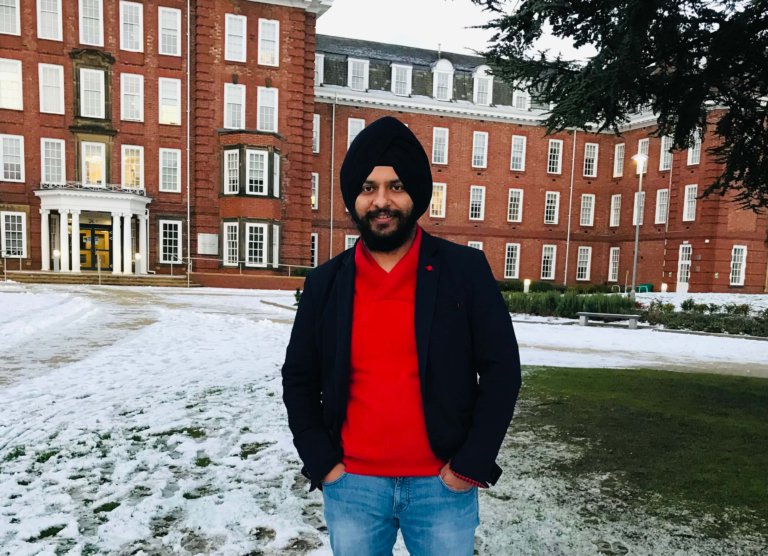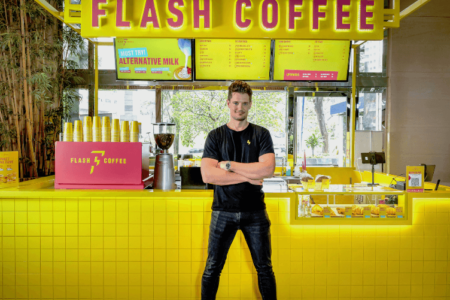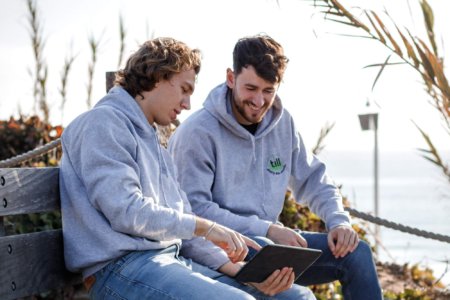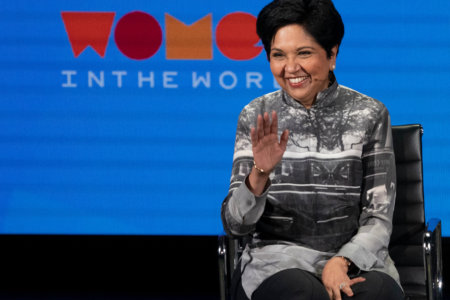
When he wanted to switch from technical to consultancy roles, Harsh Pal Singh knew the next “obvious step” was an MBA. In 2020, the Indian MBA student joined the tens of thousands who head to the UK every year in search of a better career through education.
Singh is currently a full-time MBA student at Durham University Business School. Although he’s studying remotely, he’s still able to connect with his fellow classmates.
Although COVID-19 has made it almost impossible to enjoy the full hands-on experience international students seek, Singh believes he’s still benefiting by being rooted in the local culture. He takes each challenge as a valuable learning experience and is on a mission to develop his leadership abilities.
Below, Study International chats to this Indian MBA student via email about degree and life in the UK:
As an Indian MBA student abroad, what made you decide to study in the UK and Durham University?
There are a number of reasons that contributed to my decision to study abroad. For one, getting a top-quality management education through which I could develop a global perspective about various issues was my priority. Also, knowing that this would expose me to different cultures, new friends, and languages was an exciting aspect. I was ready to take up the challenges that would come with it.
I’ve had an inherent interest in management from a very early point in my career. This has led to me slowly transitioning into gaining managerial experience after spending six years working in technical roles. The MBA was the obvious next step to advancing my career goals.
I chose to study at Durham University Business School because I felt it had the curriculum that best matched my aspirations and goals. I knew I wanted to get into consultancy and their MBA offered a dedicated consultancy pathway to follow.
It also provided the chance for me to build specific skills and has an excellent global reputation along with great value for money. I feel my experience is bringing the best out of me. Watching my skills evolve with time is a very interesting personal evolution.
What do you like most about the UK?
The cultural diversity in the UK is amazing. The university system — in particular the business school — invites people across cultures and brings them together on programmes. This makes my MBA course a very unique learning experience.
Living in Durham and the UK has offered me the chance to see so many sights that remind me of its long history — everything is so well preserved! The people I’ve encountered are very friendly and often will give you a friendly smile. Also, I really love the variety of dogs I see everyday out for walks with their owners.
Do you think it would have made a difference if you studied your MBA at a local institution?
Yes, the difference would have been there in terms of receiving a more limited experience and the opportunity for value creation. With about 13 years of work and career experience, it made sense for me to pursue an MBA at an international level to be able to better achieve my professional and personal goals.
As an Indian MBA student abroad, it’s a truly life-changing adventure that can change your future career trajectory and enhance your personal development too.
Can you share your most memorable and non-academic experiences in the UK thus far?
I came to the UK with my wife and neither of us had ever experienced snow before in our lifetime. Watching the first snowfall was such a delight for us that it made us wait (and hope) for snow everyday after that.
View this post on Instagram
Durham University has some extremely picturesque walking routes. The Riverwalk area, in particular, is a beautiful experience because you can appreciate the beauty of local nature whilst marveling at the sights of the castle. It reminds you of great history.
You realise the present moment, then your mind wanders to the past. Then before being brought back to the present moment again, I’ve come to appreciate how life has evolved over the years.
Where is home? Tell me about your hometown.
My hometown is Amritsar which is located in a Punjab state which lies in the Northern part of India. Amritsar is a very popular tourist destination known for its Golden Temple — the main place of worship for Sikhs.
This place is made of gold and welcomes people from all religions and faiths. It’s visited by 100,000 people every day and has been certified as the most visited religious place in the world by the UK-based “Book of World Records.”
Many heads of state and dignitaries have also visited the temple including the UN’s Secretary General. The Golden Temple has been nominated to become a UNESCO World Heritage Site. So, this would be the first place you’d need to visit.
Besides this, the popular museum and historical forts are something you also need to visit. To further add, Amritsar is also popular for food. I’d recommend the restaurant Kesar Da Dhaba, one of our most famous old restaurants (since our independence) for local food. Fun fact: it’s also been visited and favoured by late American chef Anthony Bourdain.
From there, I’d also advise you to travel to the India-Pakistan border — the Wagah border. It’s just 28 kilometres away and every evening, is a host to a “border ceremony” that happens every day before sunset.
What’s the local food compared to the UK like. Tell us your most and least favourite?
As you might imagine, the food in my hometown is very spicy compared to food in the UK. My most favourite local foods are mushroom chili and “tandoori” (spiced) chicken. My least favourites are any of the fish-based specialities. In the UK, although I’ve only visited a few restaurants so far, the fried chicken that I tried at Revolution Durham has become my favourite. My least favourite are the beef dishes.
Is it hard for a foreigner to order food or strike up a conversation with the locals?
While there isn’t a problem when ordering food or drinks, there is quite a challenge striking up more general conversations with the locals — it’s been a learning experience! Sometimes you feel it’s easy to approach and talk to people and sometimes you can find it tricky.
Overall, it’s a good experience to gain as it helps you to discover yourself in a new environment. As you gain more self-awareness, your own personal inhibitions will slowly fall away.
What cultural sites have you explored in Durham? Tell us something you learned from this.
The most prominent cultural site is the Durham Cathedral which I’ve visited a couple of times. It’s beautiful and situated on high ground which makes it visible from many locations in the city. The Norman architecture immediately catches your attention!
I was curious to visit even before I left India because I heard a lot about it being a shooting location for the Harry Potter films. The architecture is not just impressive but also an important point of historical appreciation for me. The essential learning is how things of historical significance are still so beautiful, appealing and relevant. The influence they carry for the present generation is tremendous.
What’s the one thing from the UK you’re planning to bring back home?
I am planning to stay in the UK after I graduate and start the next chapter of my career progression here. My wife is equally enjoying our new life here as well. The family back home are all missed of course, but they will soon visit as soon as the circumstances brought upon us by COVID-19 normalise with time.
What advice do you have for international students looking to study in the UK?
The world is changing and becoming more dynamic so you need to continuously adapt to be successful. As you begin your new chapter in the UK, do so with an open mind. Show willingness to learn, make connections, build networks, participate in events and interact in classroom activities.
By achieving these small goals everyday, you can go on to achieve bigger things. Remember the words: “The fishermen know that the sea is dangerous and the storm is terrible, but they have never found these dangers sufficient reason for remaining ashore,” of Vincent van Gogh, one of the most famous figures in the history of Western art.

“I chose to study at Durham University Business School because I felt it had the curriculum that best matched my aspirations and goals,” says Singh. Source: Harsh Pal Singh
What’s one thing you miss from home and how do you substitute it?
Along with my wife, we had many friends back home who we used to go out for dinner with — something that we miss here. However, we have made new friends in the UK who visit us for dinners when the lockdown restrictions were lifted a little.
We miss the spicy restaurant food of Amritsar but we try to substitute that in our kitchen by using a lot of spices available here. Lastly, I am a guy who lives for sunlight and the UK is commonly known for weather fluctuation. So when the sun comes out, even for a while, it reminds me of home.










